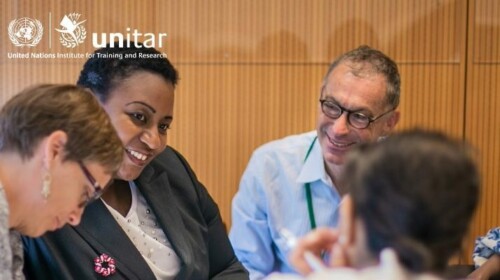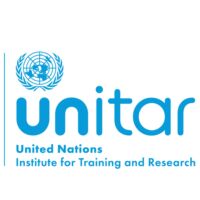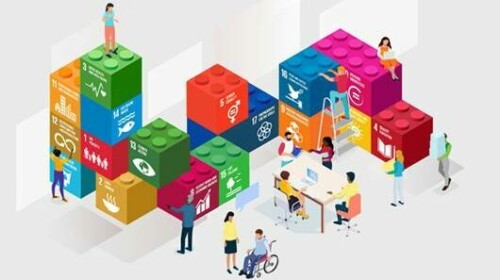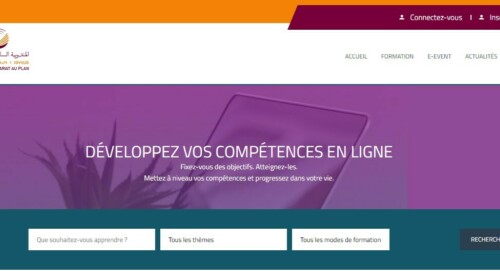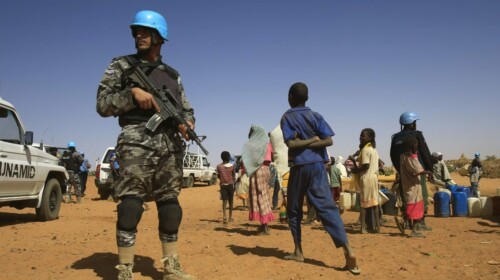The format of the CDT consists of 2-days executive-style training workshops, delivered face-to-face to diplomats and other beneficiaries at major UN locations so that they can perform effectively in a multilateral environment. The topics envisioned for the next edition are: Negotiation Skills and Techniques (Basic) Conference Diplomacy and Multilateral Negotiation Effective Writing in Multilateral Diplomacy Negotiating, Drafting and Adopting UN Resolutions Public Speaking and Presentation Skills Stakeholder Engagement and Coordination Diplomatic Protocol and Etiquette Leadership Skills Negotiation Skills and Techniques (Advanced) Digital Diplomacy and Cybersecurity The dates for each workshop will be disclosed to accepted participants as they are finalised. Each CDT Workshop takes place once every month with a usual interval of about 30 days.
Download SyllabusTarget Audience
- Diplomats
- International organizations
- Private sector
- Academia
Learning Objectives
- Develop a critical understanding of contemporary bilateral and multilateral diplomacy challenges;
- Demonstrate a comprehensive, substantive and practical knowledge of the United Nations system, Digital Diplomacy, Diplomatic Protocol, Conference Diplomacy and Multilateral Negotiation, etc;
- Critically evaluate strengths and weaknesses related to negotiation skills and techniques, drafting, negotiating and adopting UN resolutions, leadership skills, public speaking and communication;
- Produce a research paper that extends beyond the theoretical content of a workshop and relates to participants’ professional work;
- Perform efficiently and effectively in both bilateral and multilateral working environments with increased confidence.

